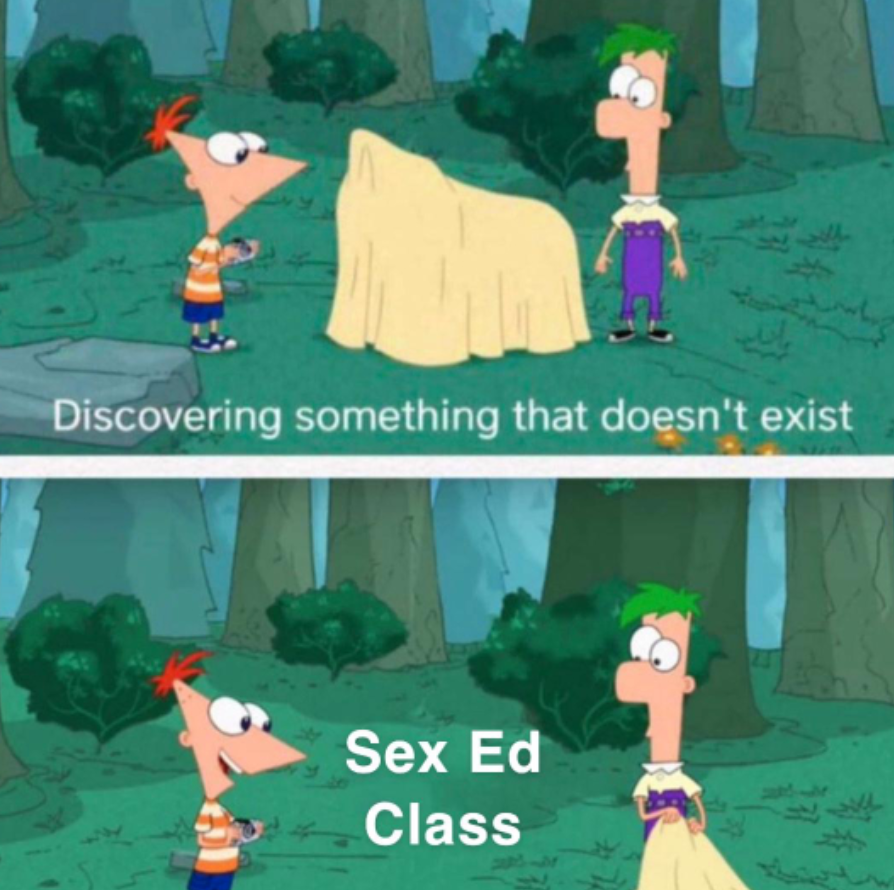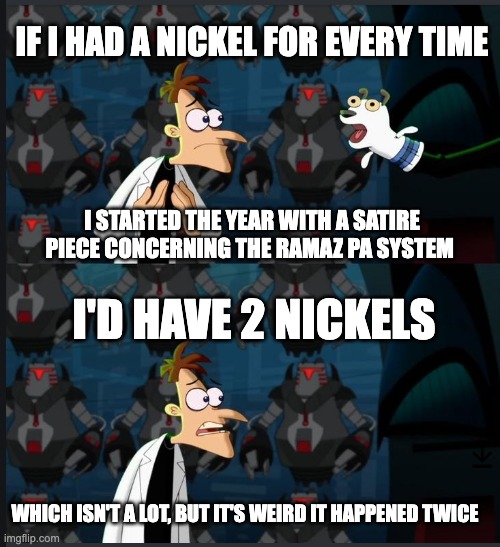Caught in the Web of Sex-Ed
On the first day of their junior year, the Ramaz class of 2021 looked down at their new course list, confused. The sex-ed class, usually covered in the 11th grade health class, was no longer being taught at Ramaz. The school’s administration explained that the health was removed due to the resignation of the health teacher in late summer, which left them no time to find a replacement. However, Ramaz’s administrators assured students that they were working speedily to find a replacement by January. But, as the winter months passed into spring, it seemed as though sex ed was never going to be taught.
Ramaz prides itself as a leader in secular and religious education; however when it comes to the sex-ed curriculum they have failed. Frisch, SAR, and other local Modern Orthodox yeshivot provide their students with the necessary tools to function in their adult lives. Ella Osen, a rising senior at SAR explained that; “overtime, SAR has expanded their curriculum in order to educate their students about safe sex and the way in which we view our bodies. They have worked hard to facilitate a space in which students genuinely feel comfortable to ask a wide range of questions to educators.” Similarly, Ayla Wrubel, a rising senior at Frisch said, “Having the opportunity to participate in sex education courses made me more aware of my body and gave me and my fellow classmates a safe space to bring up any personal questions or concerns on the topic.” Without sex-ed courses, how can Ramaz ensure that their students are educated on matters regarding sexual consent, birth control, sexually transmitted diseases, and their own bodies? Interestingly, perhaps the Ramaz administration believes that the rising seniors are sufficiently educated on intimacy and therefore do not require sex-ed courses. This notion also proves to be well explained, as the majority of the class of 2021, who have never taken sex-ed courses, believe to be well educated regarding sex.
I asked 44 of Ramaz’s rising seniors whether they believed they were well informed on health issues regarding sex or puberty. 72.7% believed that they were well informed and only 27.3% believed they were not. However, although the majority of my classmates believe that they are well versed regarding sexual matters, it is naive to believe them, because they are likely to be incorrect. With most things in life, when we have questions and no one to answer them, we turn to Google. So, when students have sexual health questions but no access to a health teacher, they too turn the internet. But how accurate is the information regarding sexual health matters on the internet? And does it inaccurately portray sex in a detrimental way? A study done by the Stanford University School of Medicine found that internet health sources provide teenagers with “factually-challenged and incomplete information about sex and sexuality.” Furthermore, Dr. Sophia Yen, an adolescent medicine specialist at the Packard Children’s Hospital in Palo Alto, California, advises teens to, “be cautious about finding sexual health answers on the Web. . . . Even widely trusted sites like WebMD are not that accurate when it comes to adolescent reproductive health.” Yen and her team found
Continued on Page 14
Continued from Page 12
that trusted medical websites were providing teens with false information. One website failed to update information regarding emergency contraception. When the FDA lowered the age to purchase nonprescription emergency contraception in some states to seventeen, the website used old data which stated that the age was eighteen. Furthermore, among the 35 well-known health websites Yen and her team analyzed, they found that 29% failed to explain that if a woman is already pregnant, emergency contraception can not cause an abortion. Yen’s team also discovered that 6% of the trusted websites were spreading a common misconception: that birth control pills can cause women to gain weight. She also found another common misconception circulating on trusted health websites: that IUDs should only be used by women who have given birth. Another study common to Yen’s was done in the UK by the National Society for the Prevention of Cruelty to Children. It found that 60% of adolescents watch “mature content” in order to obtain a sexual education or fill gaps from their school’s sexual education. This highlights that the majority of teens turn to inaccurate and unrealistic portrayals of sexual relationships in order to educate themselves. This content has shown to be destructive to youth by corrupting their previously held images of intimacy or love. Lastly, when discussing this study, Jane Lees, a chairman of the Sex Education Forum commented, “Consent and relationship safety are real issues affecting students and sadly they are leaving school with little or no discussion on these topics having taken place.”
Before, I believed I was well informed on matters regarding puberty and sexual health; however, through researching for this article I have come to realize that there is so much more I do not know. Furthermore, I do not stand alone. Another Ramaz student, who would prefer to remain anonymous agrees with me, stating that; “Honestly, most of my sexual education comes from watching TV shows, and it would definitely be ideal to hear from a professional educator.”
It should not be our responsibility to research and educate ourselves on our bodies. Ramaz needs to step up because teen pregnancy, STDs, consent, and other sexual health questions should not have to be Googled.




